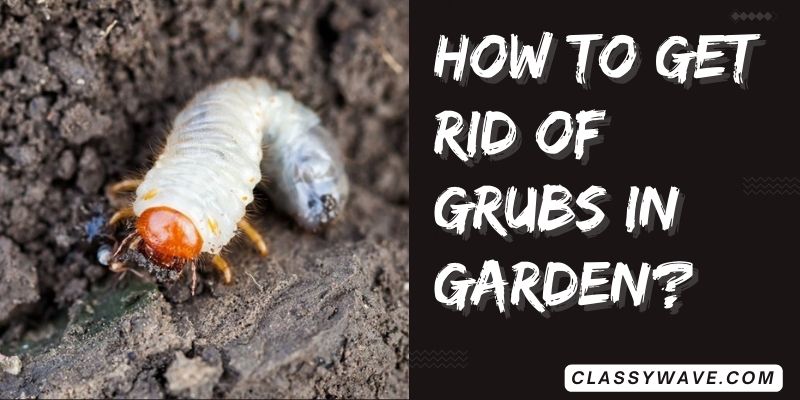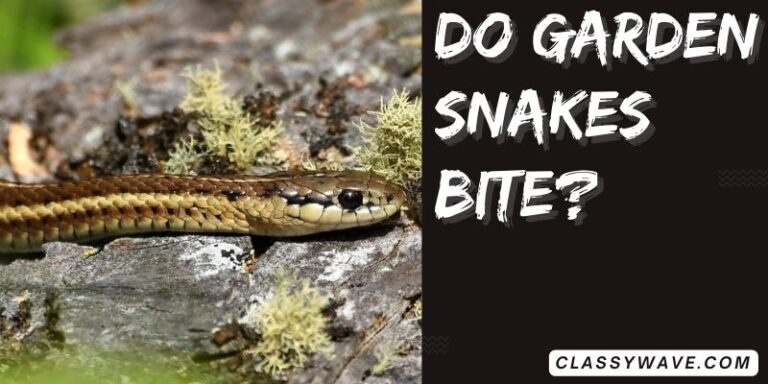how to get rid of chipmunks in the garden? Complete Guide
Managing chipmunks in gardens without resorting to chemicals involves eco-friendly methods. From planting deterrent plants to employing natural predators, using repellents, creating unfavorable environments, and implementing humane trapping, various strategies exist. Explore DIY deterrents, understand chipmunk behavior, and adapt control approaches to seasons. Discover the integration of fencing, safe predators, scent repellents, and noise-based deterrents. Explore layout modifications, chemical-free soil amendments, and beneficial plants. DIY traps, monitoring, and community-based strategies contribute to effective chipmunk control, ensuring a harmonious garden ecosystem.
Natural Methods for Chipmunk Control in Gardens
Employing eco-friendly strategies, such as planting deterrent plants and utilizing natural predators, to manage chipmunk populations in gardens without resorting to chemical solutions.
Effective Repellents to Keep Chipmunks Away
Exploring commercial and homemade repellents, like spicy sprays or predator urine, designed to create an inhospitable environment, deterring chipmunks from invading garden spaces.
Creating an Unfavorable Environment for Chipmunks
Altering garden conditions by removing attractants, like bird feeders, and maintaining cleanliness to discourage chipmunks from finding the area appealing for habitation or foraging.
Humane Trapping and Removal Techniques
Utilizing humane traps and relocation methods to capture and safely relocate chipmunks, providing an ethical alternative for those seeking a more compassionate approach to pest control.
Professional Pest Control Options for Chipmunks
Exploring the services offered by pest control professionals, including assessment, trapping, and removal strategies tailored to effectively manage chipmunk infestations in gardens and landscapes.
Preventing Chipmunk Damage to Garden Plants
Implementing preventive measures, such as physical barriers or plant selection, to safeguard garden plants and minimize the potential damage caused by chipmunks feeding on roots or bulbs.
DIY Chipmunk Deterrents and Home Remedies
Investigating do-it-yourself solutions and home remedies, like garlic or pepper sprays, that offer cost-effective alternatives for deterring chipmunks from gardens through natural and readily available substances.
Understanding Chipmunk Behavior for Better Control
Gaining insights into chipmunk behavior patterns, nesting habits, and foraging preferences to develop targeted control strategies that effectively address the unique characteristics of these small rodents.
Implementing Fencing and Barriers in the Garden
Installing physical barriers, such as mesh fencing or buried wire, to create a protective enclosure that prevents chipmunks from accessing garden areas and causing damage to plants or digging.
Seasonal Strategies: Managing Chipmunks Year-round
Adapting control approaches to the changing seasons, considering hibernation periods, breeding seasons, and increased activity times, to implement effective year-round strategies for chipmunk management in gardens.
Safe and Natural Predators for Chipmunk Control
Exploring the introduction of natural predators like snakes, owls, or domesticated pets to the garden ecosystem, serves as a sustainable and non-invasive means of managing chipmunk populations naturally.
Using Scent Repellents to Deter Chipmunks
Harnessing the power of scents, this approach involves using natural substances like peppermint or citrus to create an olfactory barrier, deterring chipmunks from entering and causing damage in the garden.
Integrated Pest Management for Chipmunk Infestations
Employing a holistic approach that combines various control methods, such as habitat modification, repellents, and traps, to create a comprehensive strategy for effectively managing chipmunk infestations in gardens.
Creating Noise and Vibrations to Repel Chipmunks
Utilizing sound-based deterrents, like ultrasonic devices or vibrating stakes, to disrupt chipmunk activity and discourage them from establishing nests or foraging in garden spaces.
Garden Layout Modifications for Chipmunk Prevention
Implementing strategic changes to the garden layout, such as reducing hiding spots or creating open spaces, to make the environment less attractive and accommodating for chipmunks, reducing the likelihood of infestations.
Chemical-Free Soil Amendments for Chipmunk Control
Introducing soil amendments, such as cayenne pepper or diatomaceous earth, as chemical-free solutions to create an inhospitable environment for chipmunks, deterring them from digging or foraging in treated areas.
Beneficial Plants that Naturally Deter Chipmunks
Selecting and planting flora with natural chipmunk-repelling properties, such as daffodils or hyacinths, to create a garden environment that naturally discourages chipmunks from residing or causing damage.
DIY Traps and Catch-and-Release Techniques
Exploring homemade trapping methods and catch-and-release strategies for those seeking to manage chipmunks in a humane manner, offering alternatives to professional pest control services.
Monitoring and Early Detection of Chipmunk Activity
Emphasizing the importance of regular monitoring and early identification of chipmunk activity signs, enabling proactive intervention to prevent infestations and minimize potential damage to garden areas.
Community Strategies
Encouraging community-based approaches to chipmunk control, involving collaboration among neighbors to implement consistent strategies, share information, and collectively address chipmunk-related challenges in larger residential or community settings.
Conclusion
In conclusion, a holistic, chemical-free approach to chipmunk control in gardens involves a combination of natural methods, repellents, preventive measures, and humane techniques. Understanding chipmunk behavior is key, allowing for targeted strategies. From DIY solutions to community collaboration, a range of options exists for environmentally conscious gardeners. By implementing these diverse approaches, individuals can enjoy pest-free gardens while fostering a sustainable and harmonious relationship with the surrounding ecosystem.
FAQs
Q: What plants deter chipmunks naturally?
A: Daffodils and hyacinths are effective, emitting scents that naturally discourage chipmunks from invading garden spaces.
Q: How do ultrasonic devices repel chipmunks?
A: Ultrasonic devices emit high-frequency sounds, disrupting chipmunk activity and discouraging them from nesting or foraging in gardens.
Q: Are there DIY traps for humane chipmunk removal?
A: Yes, humane traps can be crafted using simple materials, offering an ethical way to capture and relocate chipmunks.
Q: Can community efforts control chipmunk populations?
A: Yes, collaborating with neighbors on consistent strategies and information sharing can effectively address chipmunk-related challenges in larger residential areas.
Q: Which natural predators help control chipmunks in gardens?
A: Snakes, owls, and domesticated pets serve as natural and non-invasive means to manage chipmunk populations in a garden ecosystem.







